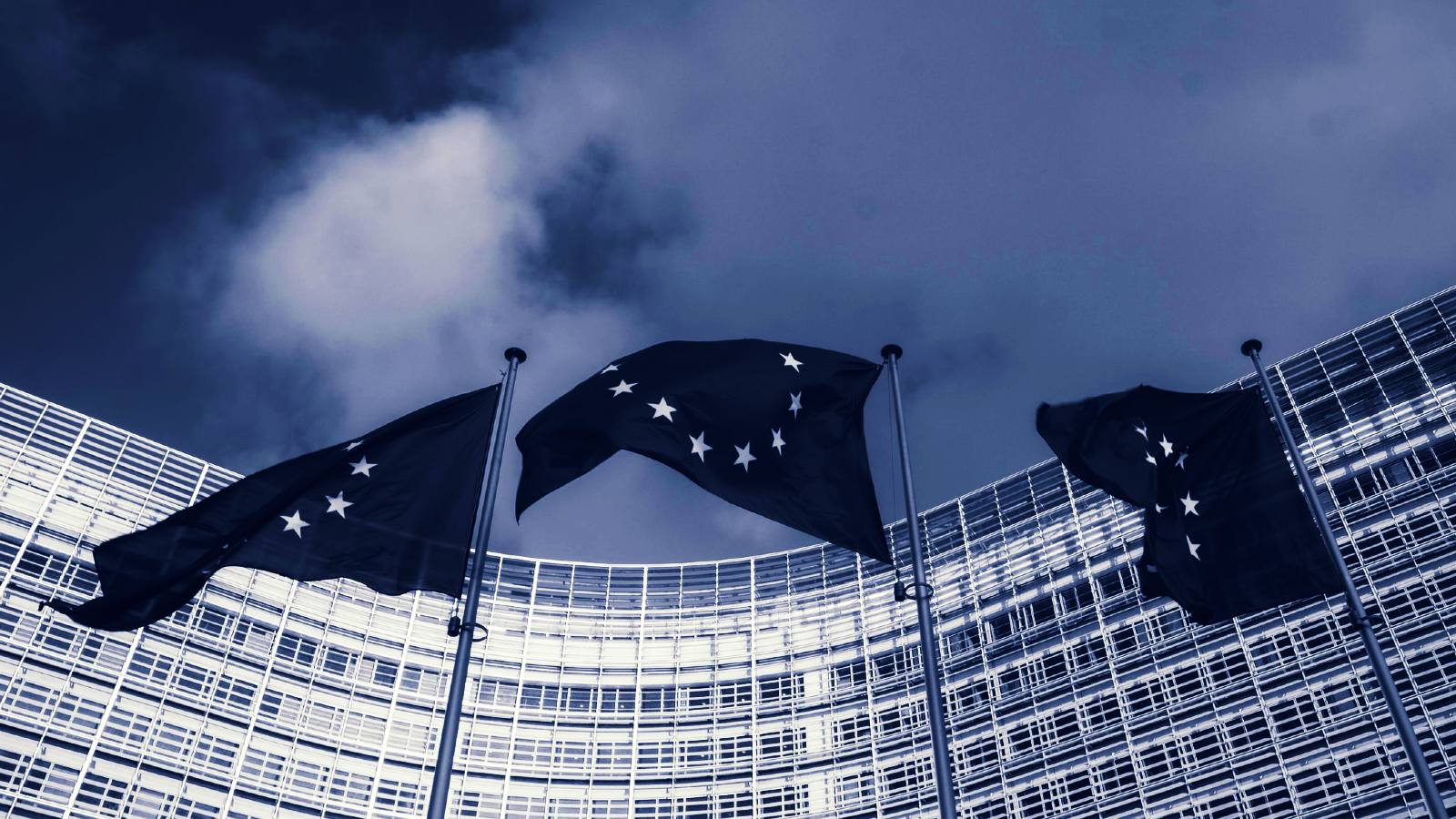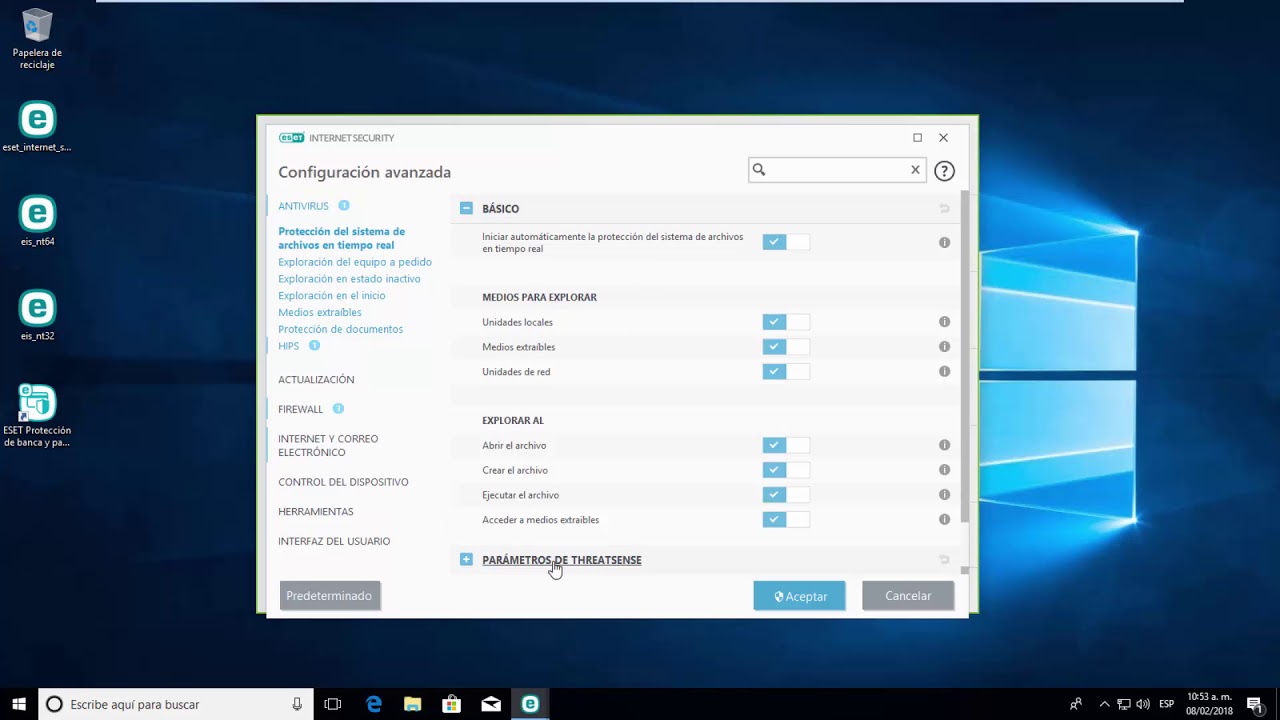EU officially blames Russia for ‘Ghostwriter’ hacking activities

Image: Christian Lue
The European Union has officially linked Russia to a hacking operation known as Ghostwriter that targets high-profile EU officials, journalists, and the general public.
“These malicious cyber activities are targeting numerous members of Parliaments, government officials, politicians, and members of the press and civil society in the EU by accessing computer systems and personal accounts and stealing data,” European Council officials said in a press release today.
“Such activities are unacceptable as they seek to threaten our integrity and security, democratic values and principles and the core functioning of our democracies.”
The EU officials added that these hacking activities are in stark contrast to normal state behavior endorsed by all UN member states.
The attacks are also seen as clear attempts to undermine EU’s democratic institutions and processes, including but not limited to enabling disinformation and information manipulation.
Linked to Russia’s GRU military intelligence service
The Ghostwriter “malicious cyber activities” were also connected by Germany to the GRU military intelligence service earlier this month, with German Foreign Ministry spokeswoman Andrea Sasse saying that the German parliament was targeted at least three times this year.
Sasse’s statement came after German security authorities detected multiple attempts to steal personal login details of German lawmakers before the September 26 federal election, likely as part of a preparation effort for disinformation campaigns
“The German government has reliable information on the basis of which Ghostwriter activities can be attributed to cyber actors of the Russian state and, specifically, Russia’s GRU military intelligence service,” Sasse said.
In March, Germany also said that the Ghostwriter Russian military intelligence hacking group is the main suspect behind a spearphishing attack that targeted multiple Parliament members.
They are believed to have breached the email accounts of seven members of the German federal parliament (Bundestag) and 31 members of German regional parliaments.
“The European Union and its Member States strongly denounce these malicious cyber activities, which…


